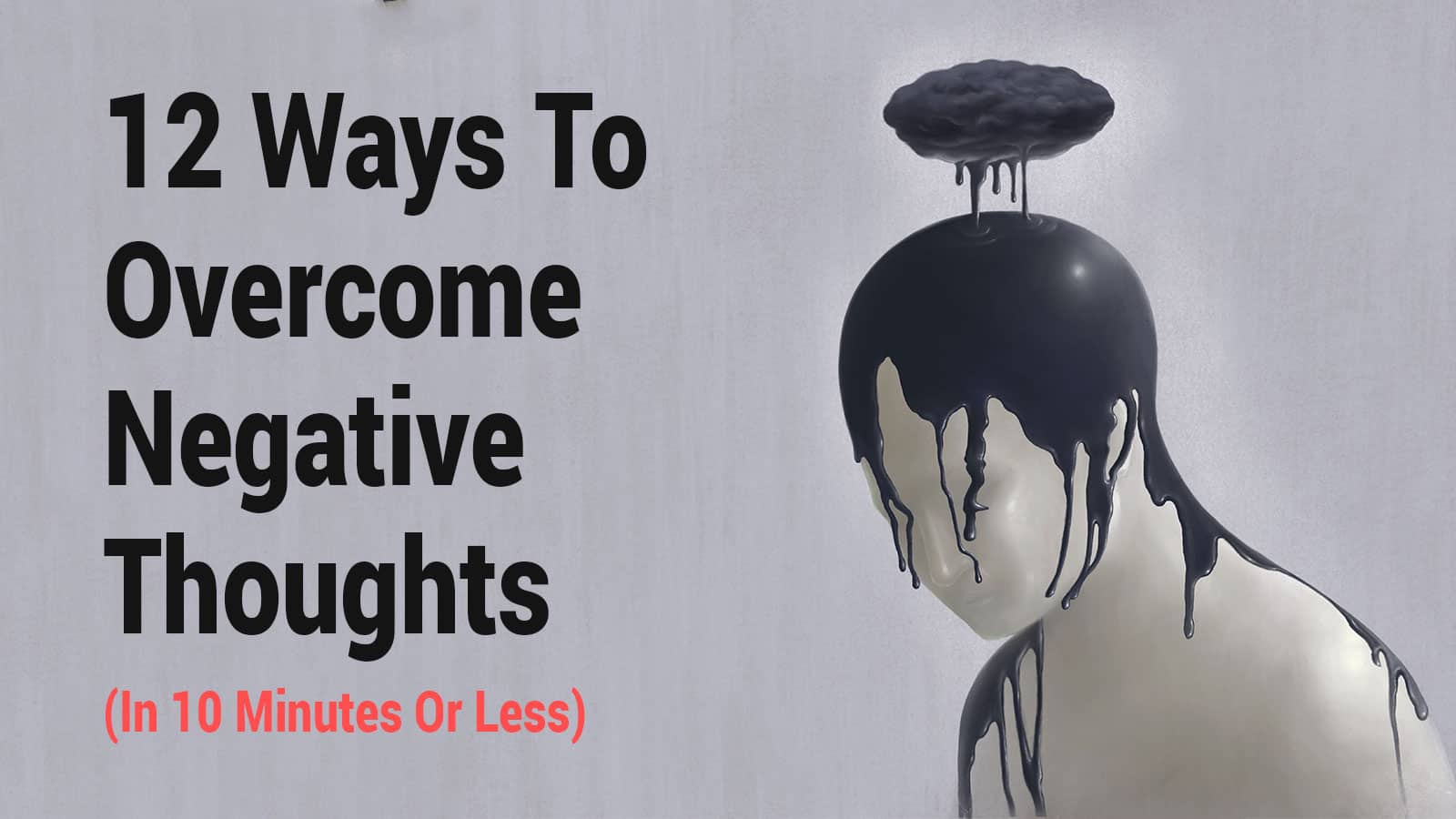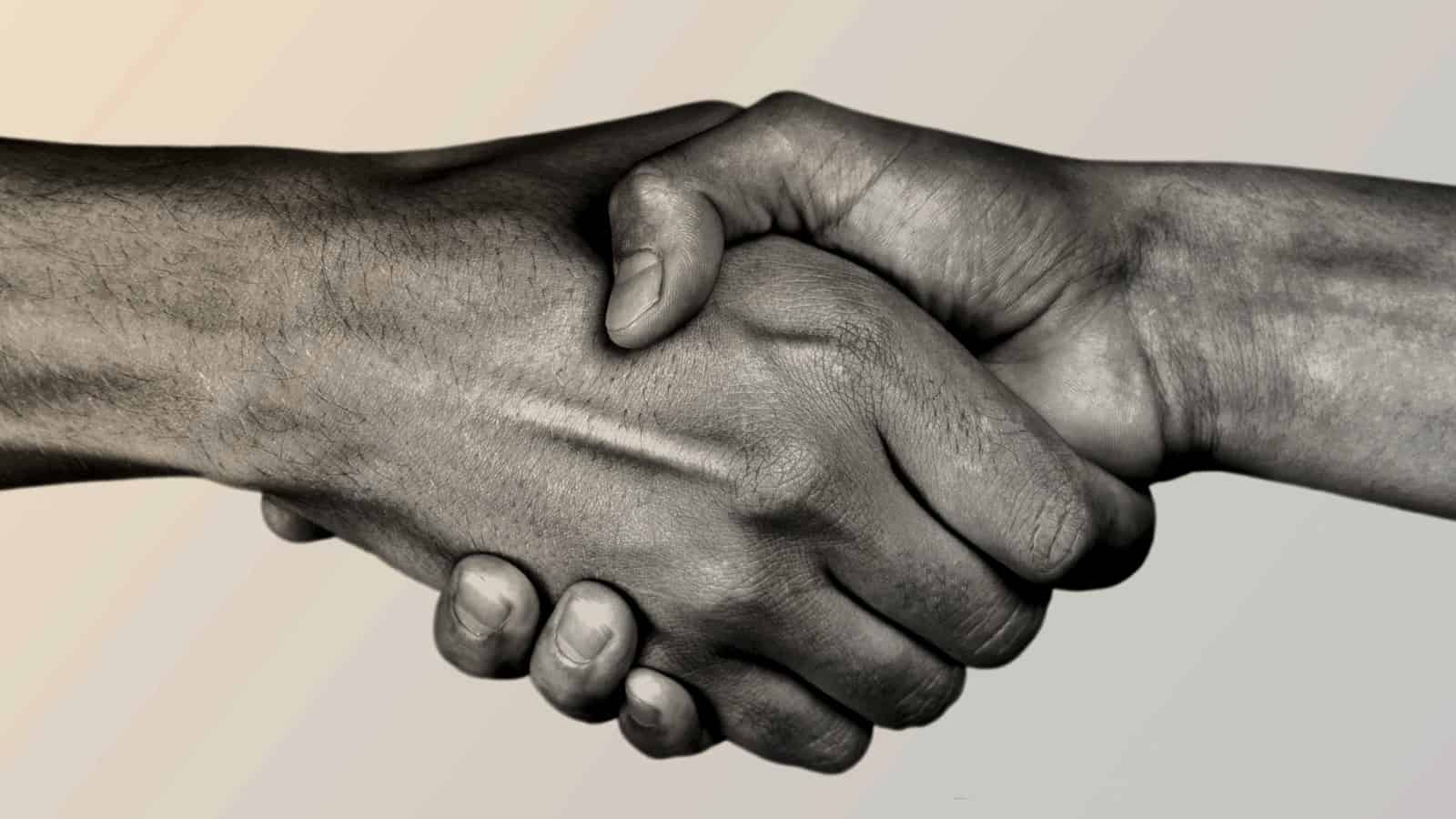The word ‘trauma’ is a derivative of the Greek word for ‘wound.’ This term, of course, encompasses physical, psychological, and emotional ordeals. One commonality between all types of trauma is that it interferes with the daily functioning of a person’s life, sometimes to a severe degree.
“Trauma is the glimpse of truth that tells us a lie, the lie that love is impossible, that peace is an illusion.” – David Morris, author
From nearly the beginning of the 21st century, people have had to deal with conflict increasingly. Without a doubt, the individuals that have suffered the most have been the men, women, and children placed in harm’s way. In addition to the obvious physical damage caused by war, there is a high psychological cost.
Post-Traumatic Stress Disorder (PTSD) is a form of psychological trauma that is most commonly associated with war or violence. While this may have brought the condition to the surface, there are various reasons why someone develops PTSD. The condition usually results because the person saw or lived through a dangerous event.
The most common adult symptoms of PTSD include flashbacks, nightmares, frightening thoughts, emotional numbness, depression, difficulty sleeping, angry outbursts, and hypertension.
For children who experience PTSD, symptoms may include: bedwetting, re-acting the event, being clingy with a parent or adult, and loss of verbal skill. Teens often experience symptoms closer to those of adults. Regardless of age, symptoms can be reduced.
PTSD is one obvious form of trauma, but there are many others. Some other situations and events that can lead to trauma include:
– Acts of violence – ex: assault, child abuse, domestic abuse, rape and suicide
– Disasters – ex: earthquake, hurricane, flood, etc.
– Serious vehicle accidents
Regardless of the type of trauma experienced, there are ways to cope. You can build a positive life after trauma…any trauma.
Here are 8 ways to build a positive life after a traumatic event.
1. Remember that your past does not define you.
When someone experiences trauma, they become haunted by the event for a long time. Given the nature of what trauma sufferers have seen and experienced, this is understandable. Acts of violence, disaster, and war are absolutely abhorrent events for someone to live through.
Remember this: your past does not define who you are. The brain is very adept at replaying events that strongly impacted your life – this includes trauma. This cannot be stated enough and is a recurring phrase on this site: be present. Study meditation, prayer, spirituality…whatever you need to do to keep your mind focused on the present. You can do it.
2. Forgive yourself and others for past hurt and resentment
This is understandably difficult, especially those that have experienced acts of violence. Just remember that you don’t have to forgive someone because they deserve it, …but because you deserve it. Forgiveness can liberate you from the resentment and anger occupying your heart and mind, allowing you to replace it with something far better.
Again, forgiving others is not about them; it’s about you. Holding onto anger and resentment damages you far more than it does who committed the act. Release and let go of this negativity, my friend.
3. Take time for self-love and self-care
Of course, be good to yourself by taking care of your body and mind. Do things that cater to your physical and mental health – exercise, meditate, eat healthily, etc.
People who experience PTSD, including soldiers in combat, have experimented with mindfulness meditation and found it to be beneficial. According to Dr. Elizabeth Stanley, a professor at Georgetown University, and former U.S. Army Captain, “It’s clear that mindfulness can lower stress in many contexts. We (also) think it can work for soldiers dealing with the extreme stress of combat.”
Please see the article about making self-care a top priority. You will find many additional good tips.
4. Replace negative thought patterns with new and healing beliefs
This is another area where meditation may help in dealing with trauma. Negative thought replacement is an actual method designed to reduce the amount of depressive and negative thoughts.
It’s normal not to believe new, introductory thoughts at first; however, making a habit of introducing new thought patterns works it one keeps at it. According to a study in Psychology Today, speaking positive thoughts aloud creates two forms of memory replacement.
The practice is relatively simple – whatever negative thought comes to mind, think, or say the exact opposite. Positive words and thoughts breed positive words and thoughts. It may take some patience and work, but replacing the negative thoughts will have a profound impact in the long-run.
5. Take small steps to make subtle shifts
“The journey of 1000 miles begins with a single step.” – Lao Tzu
What a beautiful quote, one that is directly applicable to those affected by trauma. This may be one to commit to memory.
Again, in dealing with trauma, healing will not happen quickly. You must remember to be patient and gentle with yourself while allowing the process to unfold. It is important not to be harsh with yourself. Indeed, you’ve already experienced enough.
6. Learn to trust life again (trust people, new experiences)
Traumatic events can make it extremely difficult to trust life itself – the process, the experiences, and the people.
This is certainly true if a person has hurt you, which makes it more difficult to trust people as a whole. But you must move past this barrier.
You must have faith and trust in people and in life. Think about the repercussions of living a life in which no trust is given. You are resentful, angry, and discouraged. Instead, trust in people, trust in yourself, and trust in life. Reframe your mind.
7. Keep a close positive circle (people who uplift you and encourage your healing and new life)
Being surrounded by positive people is important for everyone, but especially those who have experienced traumatic events. If you’ve experienced trauma, make a commitment to be around people who will encourage your healing process and not judge you.
Refuse to be surrounded by those who will make your transition more difficult. Negative people breed negative people. When people of a negative disposition present themselves, walk away, or ignore them. There are plenty of good, positive people that will assist and encourage your healing process.
8. Acceptance of personal tragedy is liberating – Suffering should be expected as a part of life experience. This is when we learn the most.
As with most experiences, you can learn and grow from what has happened to you. Even though it may not resonate now, what you’ve gone through has made you stronger, not weaker. Sure, you may feel weak and even hopeless at times, but there are an inner strength and courage far beyond what you can imagine.
The strongest steel is forged from the strongest fire. Remember this as your battle rages, and trust that the final outcome will be one worthy of the highest praise.

















 Community
Community

